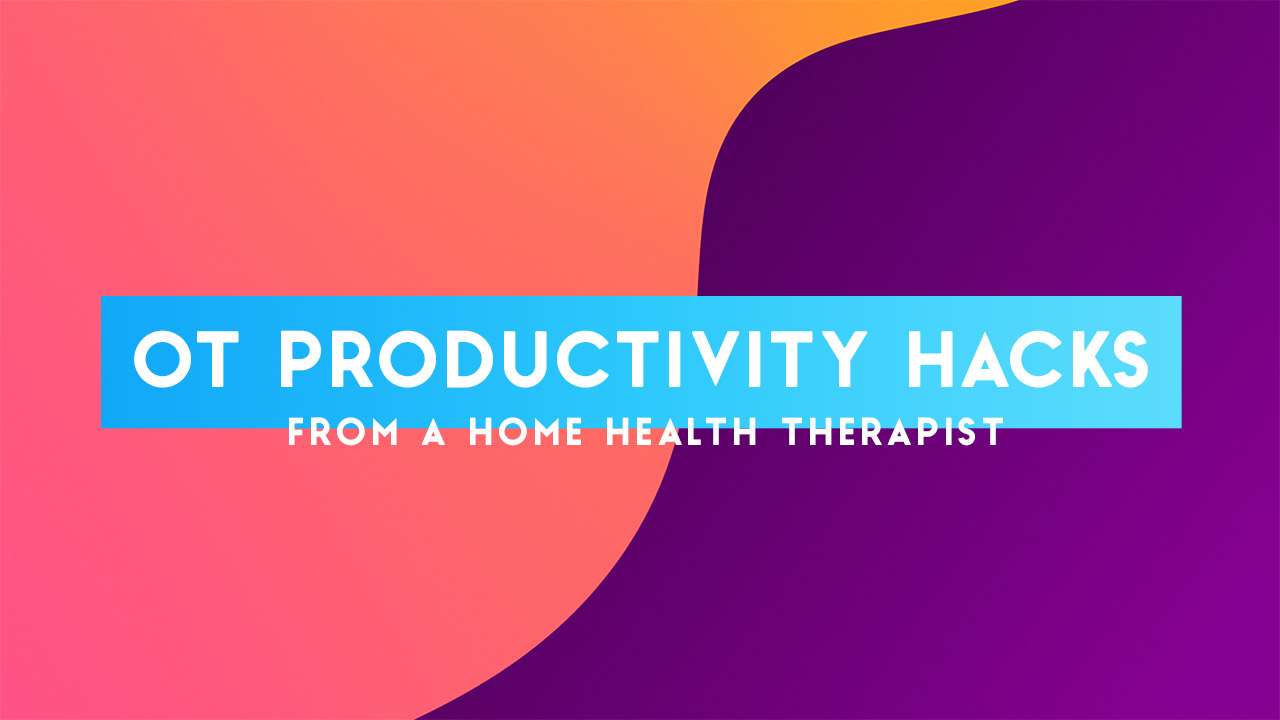If you are feeling overwhelmed by stress, you are not alone; it’s practically a fact of life on college campuses. A poll conducted by mtvU and the Associated Press in the spring of 2009 reported that 85% of students say they experience stress on a daily basis.
Stress is good if it motivates you but it’s bad if it wears you down. Many factors can contribute to the stress you experience, and this stress can cause changes in your body that affect your overall physical, mental, and emotional health.
Depression is more serious and long-lasting than stress, and requires a different kind of help. In a 2010 survey by the American College Health Association, 28% of college students reported feeling so depressed at some point they had trouble functioning, and 8% sought treatment for depression.
The good news is that depression is a highly treatable condition. However, it’s not something you can snap out of by yourself, so it’s important to get help. How do you tell the difference between stress and depression? Both can affect you in similar ways, but there are key differences. Symptoms of depression can be much more intense. They last at least two weeks. Depression causes powerful mood changes, such as painful sadness and despair. You may feel exhausted and unable to act.
Here are common signs of stress and depression. Which fits you best?
Common Signs of Stress
Common Signs of Depression
- Trouble sleeping
- Feeling overwhelmed
- Problems with memory
- Problems concentrating
- Change in eating habits
- Feeling nervous or anxious
- Feeling angry, irritable or easily frustrated
- Feeling burned out from studying or schoolwork
- Feeling that you can’t overcome difficulties in your life
- Trouble functioning in class or in your personal life
- Withdrawing from other people
- Feeling sad and hopeless
- Lack of energy, enthusiasm and motivation
- Trouble making decisions
- Being restless, agitated and irritable
- Eating more or less than usual
- Sleeping more or less than usual
- Trouble concentrating
- Trouble with memory
- Feeling bad about yourself or feeling guilty
- Anger and rage
- Feeling that you can’t overcome difficulties in your life
- Trouble functioning in your class or in your personal life
- Thoughts of suicide
Reducing Stress
If you are stressed out, there are many good ways to get relief. Drinking or taking drugs however, won’t solve anything and can lead to more problems. Here are some constructive choices:
Make a plan
Figure out what is really causing the stress. Think of as many possible causes as you can, and write them down. Now brainstorm for solutions that will reduce the stress, and commit them to paper. A trusted friend, family member or school counselor may be able to offer some good ideas as well. Now choose a few solutions to start tackling the issues. If they are complicated, break them down in to manageable chunks. Then give your plan a try. If one particular solution doesn’t help, try another one. Don’t be afraid to make mistakes. It’s all a part of the process.
Get the stress out
Remember to take breaks when you feel worried or stuck. Do something relaxing every day. Sing, dance, and laugh–anything to burn off the energy.
Take care of your body
A healthy body can help you manage stress. Get 7 to 9 hours of sleep, eat healthy food, stay hydrated and exercise regularly. Go easy on the caffeine. Shorting yourself on sleep, and especially pulling an all-nighter, robs you of energy and your ability to concentrate. A healthy diet improves your ability to learn. Don’t skip breakfast.
Don’t suffer in silence
Get support, whether from family, friends, your academic advisor, campus counseling center, or a trusted online community. A heart-to-heart talk with someone you trust can help you get rid of toxic feelings and may even give you a fresh perspective.
If these steps don’t bring relief, or if you are still unable to cope and feel as if the stress is affecting how you function every day, it could be something more acute and chronic–like depression. Don’t let it go unchecked!
Getting Help for Depression
If you think you might be depressed, take a depression screening. Print out the results or e-mail them to yourself and then show them to a counselor or doctor.
To get help, start with your student health center or counseling service on campus. Most community colleges provide limited free mental health services and can refer you to local providers for longer-term treatment. You can also talk to your family doctor. Your local Mental Health America (MHA) affiliate can refer or in some cases provide services as well. To find the nearest MHA affiliate, call 800-969-6642 or go to Find An Affiliate.
Remember, depression and other mental health conditions are nothing to be ashamed of. Depression is not a sign of weakness, and seeking help is a sign of strength. Telling someone you are struggling is the first step toward feeling better. You will need the help of a mental health professional to beat depression. Talk therapy, antidepressant medication or a combination can be very effective.
If you or someone you know is struggling or in crisis, help is available. Call or text 988 or chat 988lifeline.org. You can also reach Crisis Text Line by texting MHA to 741741 or dial 911 for immediate assistance.
Learn More
The American Institute of Stress
Phone: (682) 239-6823
http://www.stress.org/
Depression and Bipolar Support Alliance (DBSA)
Phone: (800) 826-3632
http://www.dbsalliance.org/site/PageServer?pagename=home
Active Minds
Phone: (202) 332-9595
http://www.activeminds.org/
Anxiety Disorders of America
Phone: (240) 485-1001
http://www.adaa.org/understanding-anxiety
Freedom From Fear
Phone: (718) 351-1717
http://www.freedomfromfear.org/
National Institutes of Mental Health (NIMH)
Phone: (866) 615-6464
http://www.nimh.nih.gov/index.shtml
Amen Clinics
Phone: (888) 564-2700
http://www.amenclinics.com
Whether it’s a traffic jam on the way to work, an important job interview, or the death of a loved one, everyone experiences varying degrees of stress from time to time. In small doses, stress can be beneficial. It can motivate you to reach your goals and help you accomplish tasks more efficiently. Stress is key for human survival, but too much stress can be detrimental to your health.
Whether it’s a traffic jam on the way to work, an important job interview, or the death of a loved one, everyone experiences varying degrees of stress from time to time. In small doses, stress can be beneficial. It can motivate you to reach your goals and help you accomplish tasks more efficiently. Stress is key for human survival, but too much stress can be detrimental to your health. When you feel stressed for weeks or months on end, stress can make it difficult to concentrate, disrupt your sleep, and make you feel like you can’t overcome challenges in your life. At times, you may feel burned out, or perhaps even depressed. While stress and depression share some similarities, depression is a more serious and long-lasting condition that requires a different kind of treatment.

Common signs of stress
Stress is a normal part of life. A little bit of stress is beneficial and motivating, but too much stress can lead to high blood pressure, weight gain, and even heart disease. There are some key ways your body lets you know when you’re experiencing too much stress. Some of the warning signs include:
-
Inability to concentrate or complete tasks
-
Trouble falling asleep or staying awake
-
Feeling overwhelmed
-
Memory problems
-
A change in eating habits
-
Feeling angry or irritable
-
Having trouble functioning at work
-
Getting sick often
-
Headaches and body aches
Common signs of depression
Depression is a mental health condition that interferes with a person’s ability to carry out daily functions. It’s characterized by feelings of sadness and a loss of interest in once enjoyable activities. A depression diagnosis is typically given once a person experiences a depressed mood and a majority of the following symptoms for at least two weeks.
-
Feeling sad and hopeless
-
Withdrawing from other people
-
Loss of interest in hobbies and activities
-
Anger and rage
-
Eating more or less than usual
-
Sleeping more or less than usual
-
Lack of energy and motivation
-
Feeling restless, agitated, and irritable
-
Feeling bad about yourself or feeling guilty
-
Suicidal thoughts
What is the difference between stress and depression?
Stress is not a mental health condition. It tends to have an obvious trigger, like a move, divorce, or illness. Stress typically resolves as life events change. However, stress can lead to mental health problems like anxiety and depression if it persists over long periods without relief.
Depression is a mental health condition that requires a medical diagnosis. According to the National Institute of Mental Health, an estimated 17.3 million American adults experienced at least one major depressive episode in 2017. While stress is related to life events, depression can happen even if everything in life seems fine – and it can last for years.
How to deal with stress and depression
If you feel stressed to the point where it’s interfering with your ability to perform at work and function in your relationships, there are things you can do to bring your stress down to a healthy level.
-
Exercise – Physical activity releases endorphins, the feel-good chemicals in the brain. Endorphins also improve your ability to sleep, which in turn reduces stress.
-
Laugh – Getting together with good friends and laughing can reduce stress. Laughter decreases stress hormones and releases endorphins to promote an overall sense of wellbeing.
-
Learn something new – Setting a goal of learning a new language or hobby helps build confidence, which can help you deal with stress.
-
Avoid alcohol and drugs – Many people use alcohol or drugs to find temporary relief from stress. But, in the long term, they’ll only make your problems worse.
-
Volunteer – Helping others in need through volunteering or community work can help put your problems in perspective. The more you give, the less stressed you’ll feel.
-
Use breathing exercises – Deep breathing increases the supply of oxygen to the brain and triggers the body’s relaxation response, which promotes a state of calmness.
-
Meditate – Meditation allows you to focus your thoughts and calm the stream of jumbled worries clouding your mind and causing stress. If you’re a beginner, there are many apps that offer guided meditations.
Taking steps to manage your stress on your own can help prevent depression. However, if you’ve tried self-help techniques and they aren’t working, or if you have felt sad, withdrawn, overwhelmed, or suicidal for two weeks or longer, help is available.
Depression treatment at Alvarado Parkway Institute
Depression can make it extremely difficult to get through the day. At times, it may feel like there’s nowhere left to turn. At Alvarado Parkway Institute, we help individuals struggling with the symptoms of stress and depression minimize their symptoms so they can enjoy life again. Our customized depression treatment programs include a combination of individual therapy, group therapy, medication management, and education to help each patient achieve their goals and return to a happy, healthy life. Call us today at (619) 485-1432 to speak with our compassionate staff and learn more about how we can help.




